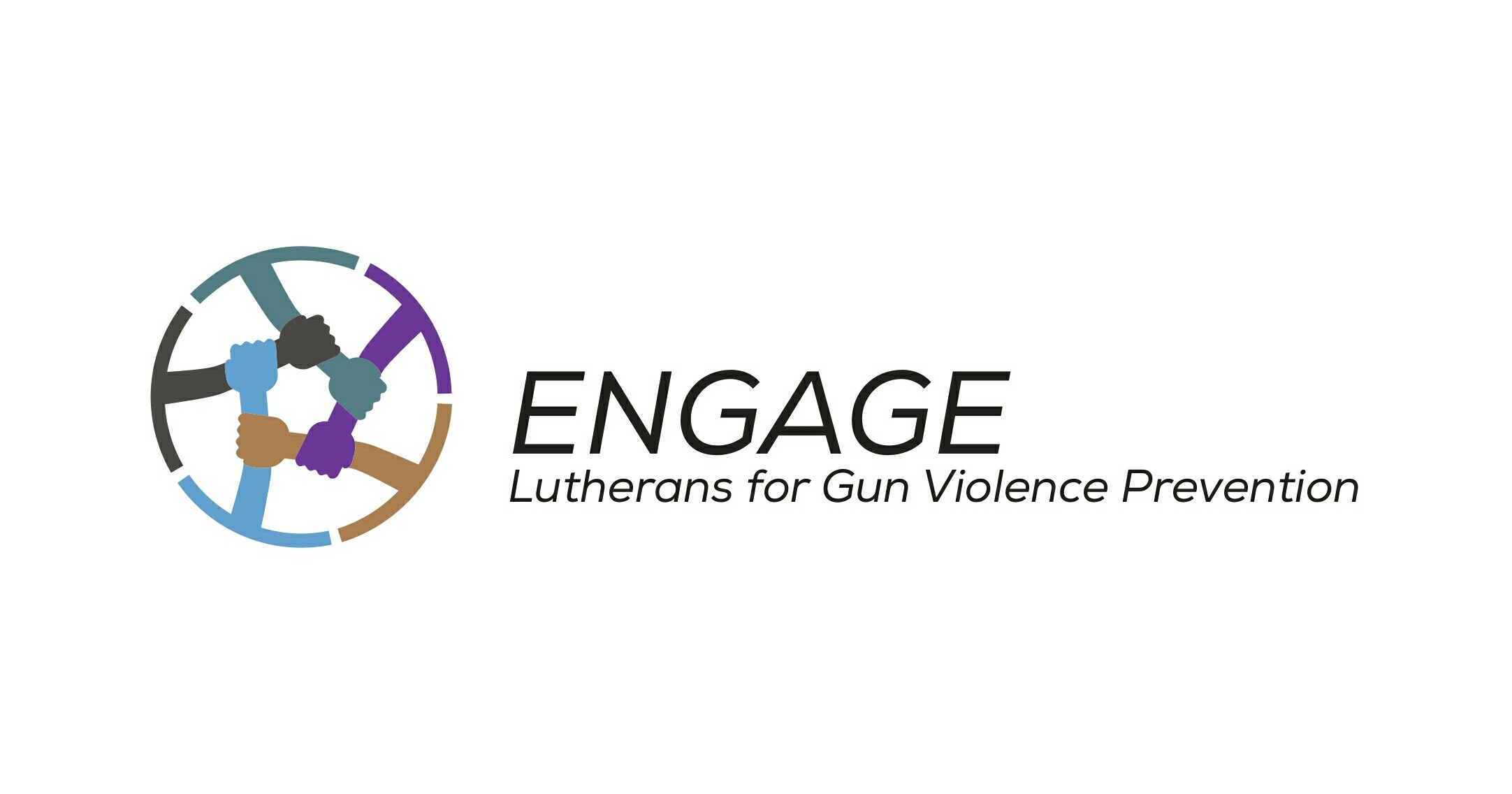“It is easier for a camel to go through the eye of a needle than for someone who is rich to enter the kingdom of God.” Luke 18:25
According to Harvard Medical School researchers, “Gun Violence Costs the U.S. $557 Billion a Year” says Madison Muller in her article for Bloomberg-Time. She writes further, “As the pandemic raged in 2020, the U.S. saw a record number of gun deaths and gun sales. . . . the rate of total firearm injuries in employees and dependents increased more than fourfold from 2007-2020.” Now add the cost of post firearm injuries and there was a 40% increase in pain disorders, a 51% increase in psychiatric disorders and an 85% increase in substance abuse disorders.” Gun violence and money are a toxic mixed drink. Yet, Zirui Song of Harvard sees a glimmer of hope, “For businesses that encounter higher or growing rates of firearm injuries in their workforce, the economic rationale for reducing firearm injuries in their workers may be more difficult to ignore.” A glimmer!
But never mind. Toxicity is of little concern to the gun manufacturers. Belinda Luscombe writes in TIME, that nuns and bishops are taking on the gunmakers. She quotes an Adrian Dominican Sister who says, “Every time there’s an incident you hear from everyone – even the NRA will put out a statement – but we never her anything from the firearms manufacturers . . . . they have to be part of the solution to this.” She and others are pushing for a comprehensive human rights policy to create a safer gun culture and to “urge shareholder power to nudge companies into reckoning with the effects of firearms in America.” They have had success in urging Smith and Wesson and Sturm Ruger to urge credit card companies to give gun sales a particular merchant code so gun sales could be more easily tracked.
The biggest challenge is in urging safer gun technology. “We get the same song and dance all the time about why technology doesn’t work in guns” says Byron. She and the group urges the use of passcodes and facial recognition. Partnering with Rev. Doug Fisher, an Episcopal Bishop in western Massachusetts, Doug says, “Car companies are always trying to make their cars safer. . . . . Why can’t gun companies do the same thing?”
But the gun companies point to an effort by Smith and Wesson in 2000 when they started to develop safety mechanisms for their guns. “The reaction was brutal: gun wholesalers and many small retailers boycotted the brand and the company was dropped by its law firm and sold by its British owners. . . . Schultz was forced out and the plan was dropped.” Byron says, “That trauma is in their DNA.”
The bottom line is gun manufacturers are primarily concerned with their bottom line. Keep the shareholders happy, salaries and benefits high. Profit over people. “It is easier for a camel to go through the eye of a needle than for a [gun manufacturer] to enter the kingdom of God.”
Scandal,
Ron Letnes (Rev. Dr.)
